The GASC, which is admitted as a member to the European Union, with a design to ensure leaving Turkey out, in an untimely manner at the expense of breaching its own principles, has emerged as a new problem for the Euro zone and eventually for the EU. The reason for the GASC facing financial bankruptcy is said to stem from its banks exposure to Greek debt as well as financial undertakings and extension of credits to Greece. Furthermore, like in the Greek example, the existence of no significant competitive production base apart from the two main service sectors of marine transportation and tourism lies at the heart of the serious problem. On the other hand, the banking sector of the GASC possesses a serious support which should be taken into consideration. It is the hosting of a significant portion of Russia’s monetary assets kept outside of Russia.
The 2.5 billion Euros credit received from Russia last year with lenient conditions has not been enough to prevent the crisis and the additional assistance expected from Russia has not materialized. Hence, the GASC has desperately turned to the EU and has applied for immediate bail out assistance of approximately 15 billion Euros. In a news item published in the German “Der Spiegel” journal most likely leaked by a German intelligence service, it was reported that the GASC was also the hub for illicit money from Russia reaching an amount of approximately 20 billion Euros. In the same vein, recently a British company has filed a lawsuit before the GASC office of the chief prosecutor for the illicit money to the amount of 24 billion Euros deposited in the GASC’s banks.
Notwithstanding, a troika consisting of representatives from the European Commission, the EU Central Bank and the International Monetary Fund (IMF) have paid a visit to the island on November 9 for official contacts. The mere fact of troika’s visit to the island as a clear sign to its willingness to actively contribute to the settlement of the problem has created some optimism in the GASC, although the amount of aid, which resources will be used and the conditions required for the GASC’s repayment will become clear in the upcoming period. As seen in other examples, the GASC does not look favorably on reducing public expenditure and austerity measures and claims that they could overcome the problem by increasing taxes. Whether this will be enough is doubtful. Moreover, although the issue of deposits of illicit money has played no bearing on the discussions at this stage and although it could be assumed that the EU could overlook principles and issues in order to rescue its member from bankruptcy, it would be correct to expect the IMF, which is a global organization, despite its chairman being European, to adopt a more principled approach.
© 2009-2025 Center for Eurasian Studies (AVİM) All Rights Reserved
No comments yet.
-
THE ONGOING ONE-SIDED INTERPRETATION OF HISTORY BY ARMENIAN NATIONALISTS
Alev KILIÇ 28.11.2012 -
THE ONGOING ONE-SIDED INTERPRETATION OF HISTORY BY ARMENIAN NATIONALISTS
Alev KILIÇ 29.11.2012 -
HOW IS THE ARMENIAN DIASPORA INFLUENCED
Alev KILIÇ 06.05.2013 -
THE COLLECTIVE SECURITY ORGANISATION SUMMIT IN KYRGYZSTAN
Alev KILIÇ 30.05.2013 -
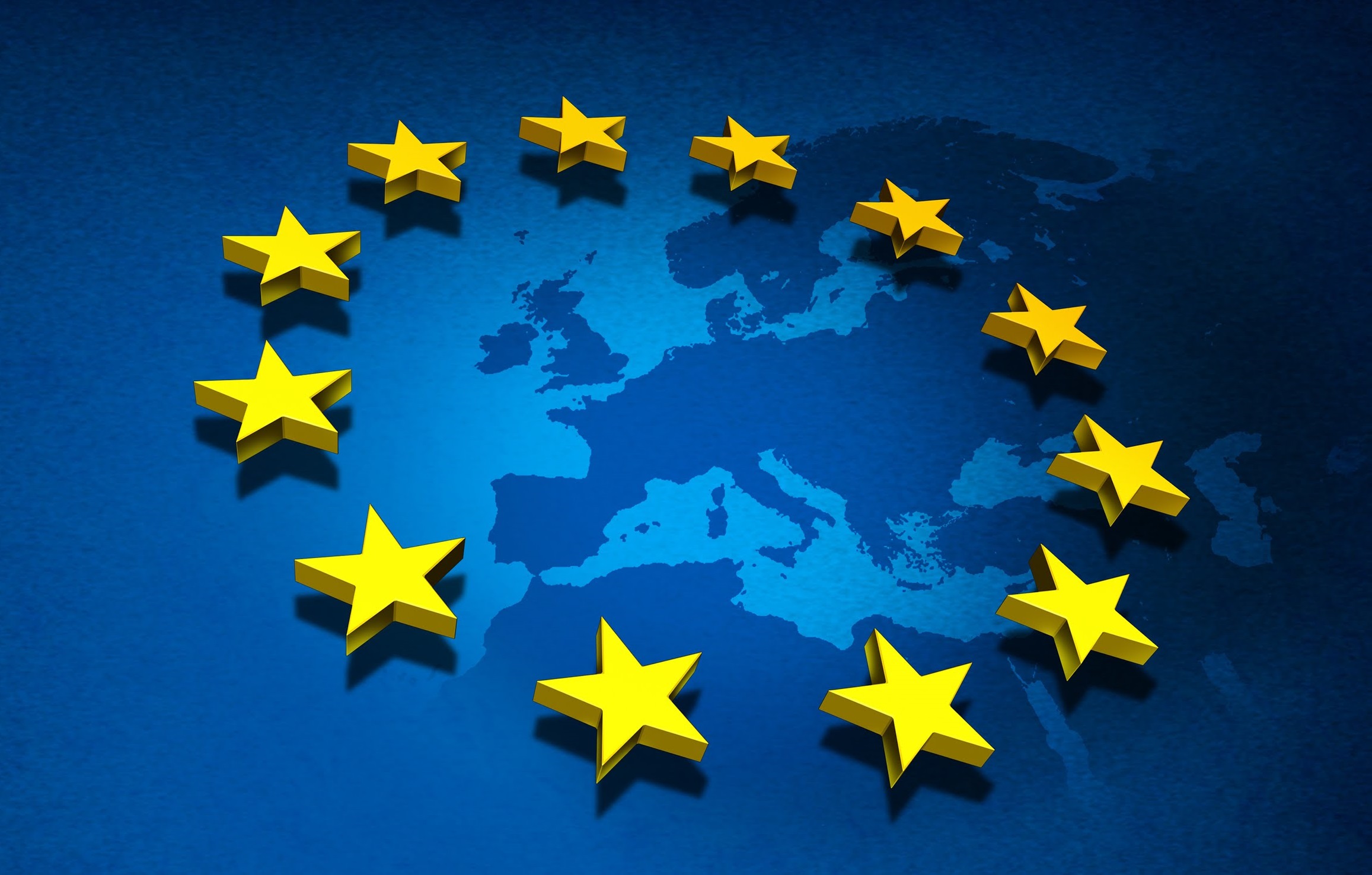 EUROPE AND THE EUROPEAN UNION - THE EUROPEAN SEGREGATION
EUROPE AND THE EUROPEAN UNION - THE EUROPEAN SEGREGATION
Alev KILIÇ 29.01.2018
-
IS THE ARMENIAN TERROR BEING AWAKENED?
Ömer Engin LÜTEM 05.12.2010 -
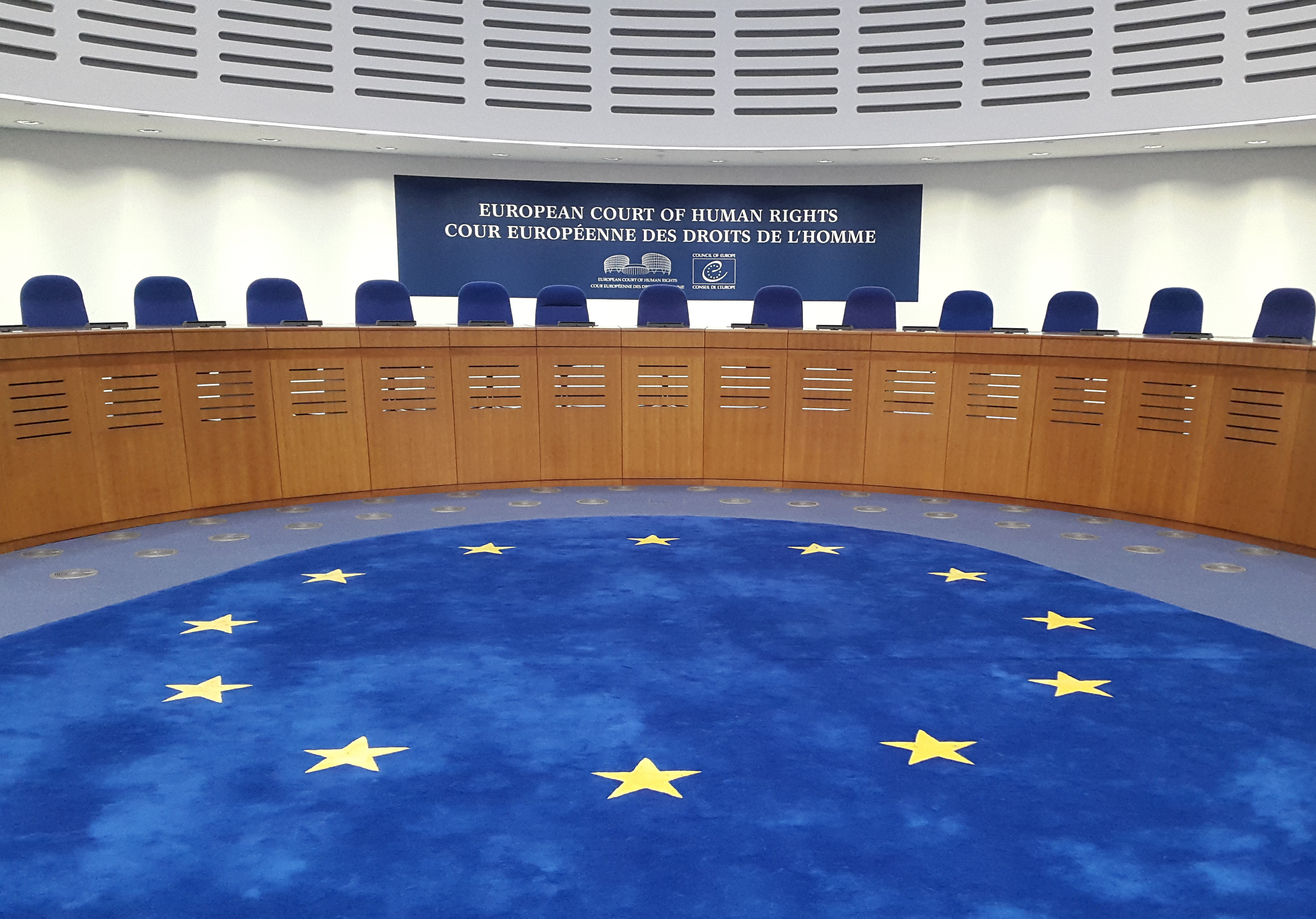 THE ECTHR’S 21 JANUARY 2021 JUDGEMENT ON THE CASE OF GEORGIA v. RUSSIA (II)
THE ECTHR’S 21 JANUARY 2021 JUDGEMENT ON THE CASE OF GEORGIA v. RUSSIA (II)
Turgut Kerem TUNCEL 25.01.2021 -
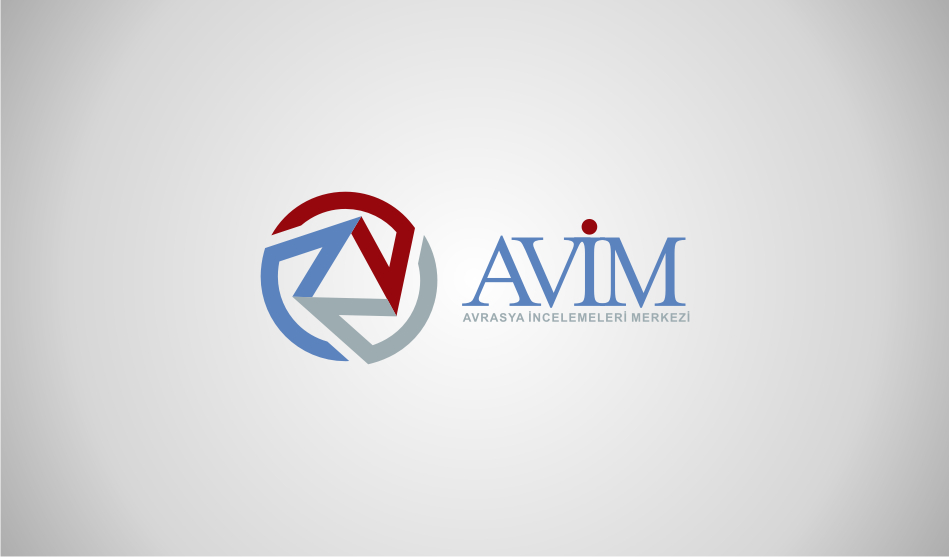 24 APRIL
24 APRIL
AVİM 24.04.2019 -
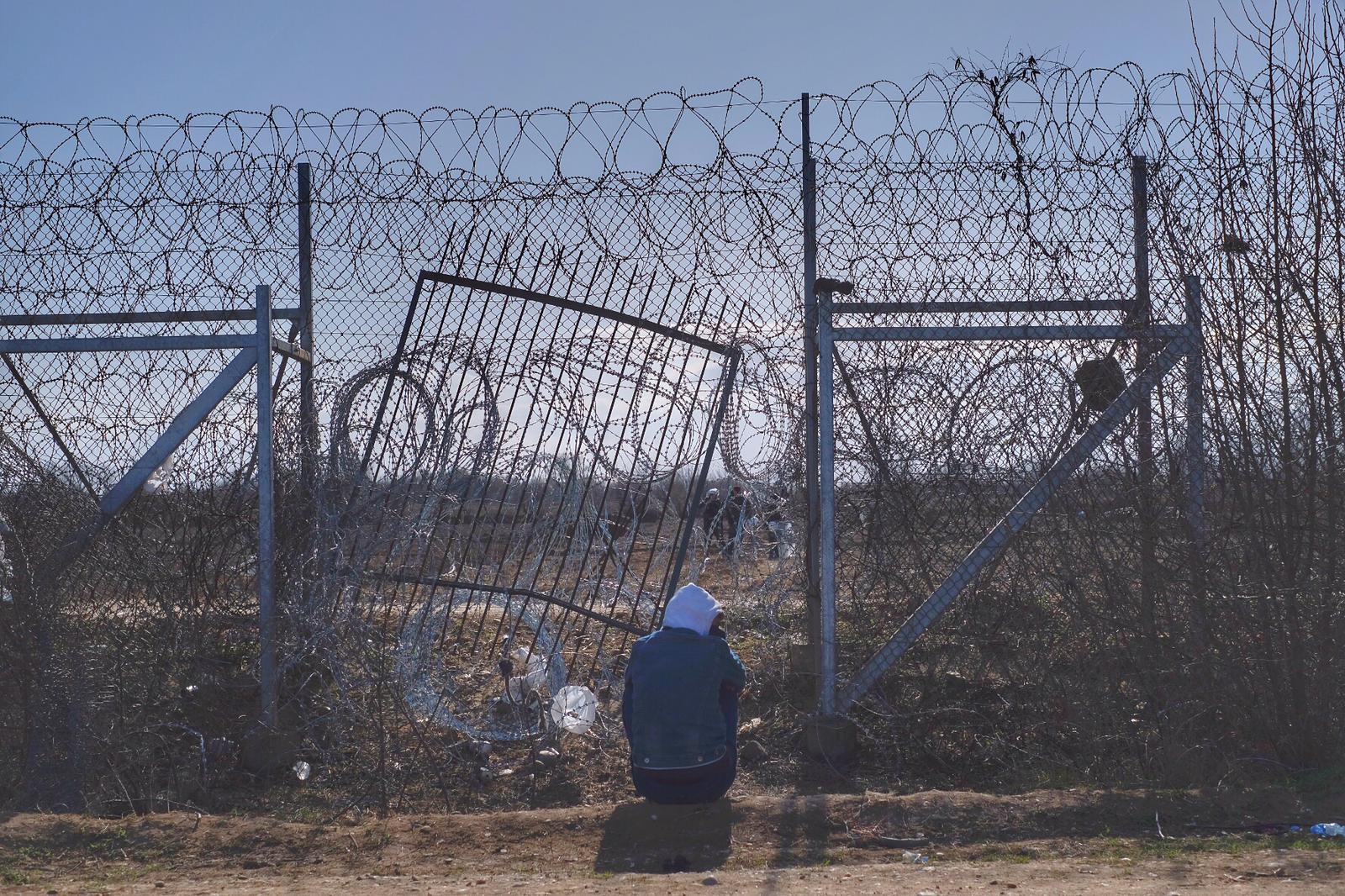 THE EUROPEAN UNION'S SHAMEFUL CAMPS CONTINUE TO EXIST DESPITE THE FIRE DISASTER
THE EUROPEAN UNION'S SHAMEFUL CAMPS CONTINUE TO EXIST DESPITE THE FIRE DISASTER
Gülperi GÜNGÖR 30.09.2020 -
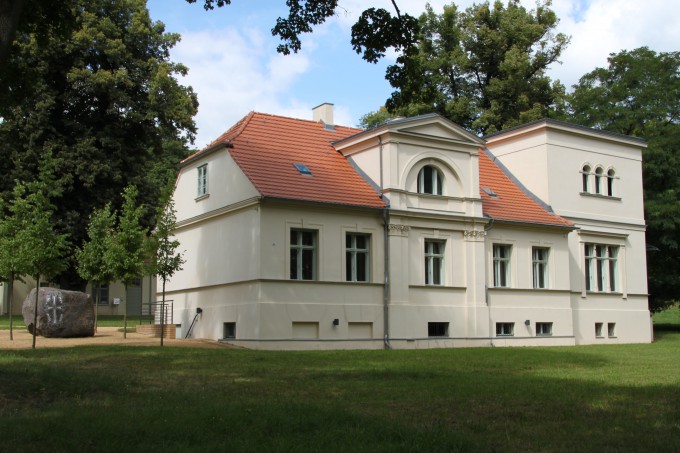 TWO STATEMENTS REGARDING 10TH WATS MEETING
TWO STATEMENTS REGARDING 10TH WATS MEETING
AVİM 20.09.2017
-
25.01.2016
THE ARMENIAN QUESTION - BASIC KNOWLEDGE AND DOCUMENTATION -
12.06.2024
THE TRUTH WILL OUT -
27.03.2023
RADİKAL ERMENİ UNSURLARCA GERÇEKLEŞTİRİLEN MEZALİMLER VE VANDALİZM -
17.03.2023
PATRIOTISM PERVERTED -
23.02.2023
MEN ARE LIKE THAT -
03.02.2023
BAKÜ-TİFLİS-CEYHAN BORU HATTININ YAŞANAN TARİHİ -
16.12.2022
INTERNATIONAL SCHOLARS ON THE EVENTS OF 1915 -
07.12.2022
FAKE PHOTOS AND THE ARMENIAN PROPAGANDA -
07.12.2022
ERMENİ PROPAGANDASI VE SAHTE RESİMLER -
01.01.2022
A Letter From Japan - Strategically Mum: The Silence of the Armenians -
01.01.2022
Japonya'dan Bir Mektup - Stratejik Suskunluk: Ermenilerin Sessizliği -
03.06.2020
Anastas Mikoyan: Confessions of an Armenian Bolshevik -
08.04.2020
Sovyet Sonrası Ukrayna’da Devlet, Toplum ve Siyaset - Değişen Dinamikler, Dönüşen Kimlikler -
12.06.2018
Ermeni Sorunuyla İlgili İngiliz Belgeleri (1912-1923) - British Documents on Armenian Question (1912-1923) -
02.12.2016
Turkish-Russian Academics: A Historical Study on the Caucasus -
01.07.2016
Gürcistan'daki Müslüman Topluluklar: Azınlık Hakları, Kimlik, Siyaset -
10.03.2016
Armenian Diaspora: Diaspora, State and the Imagination of the Republic of Armenia -
24.01.2016
ERMENİ SORUNU - TEMEL BİLGİ VE BELGELER (2. BASKI)
-
AVİM Conference Hall 24.01.2023
CONFERENCE TITLED “HUNGARY’S PERSPECTIVES ON THE TURKIC WORLD"









